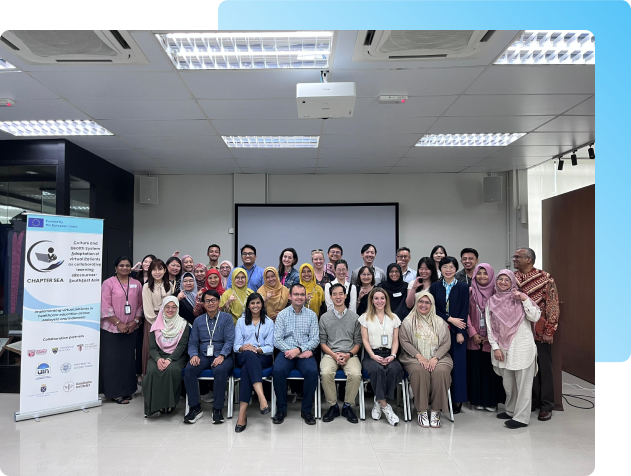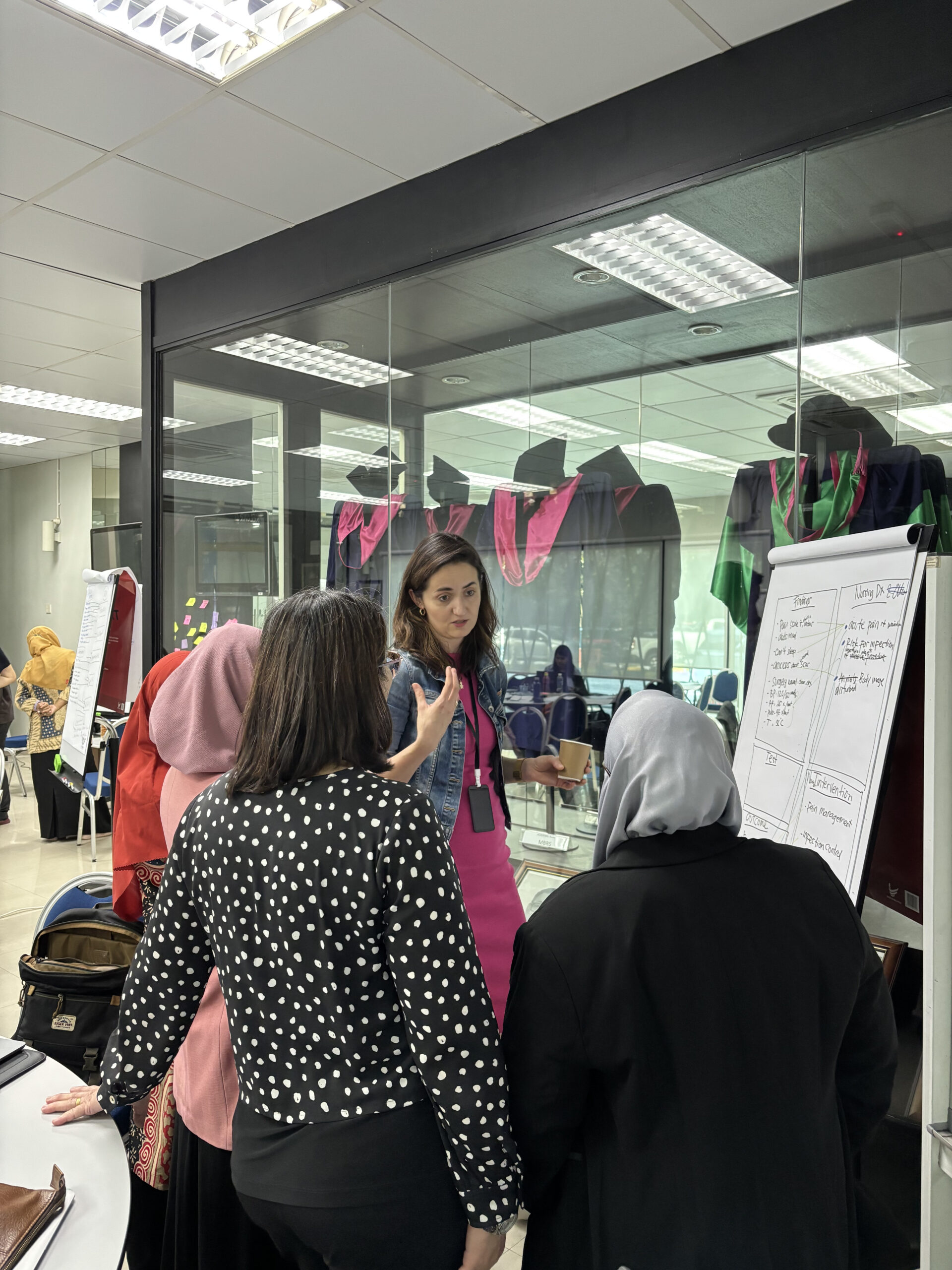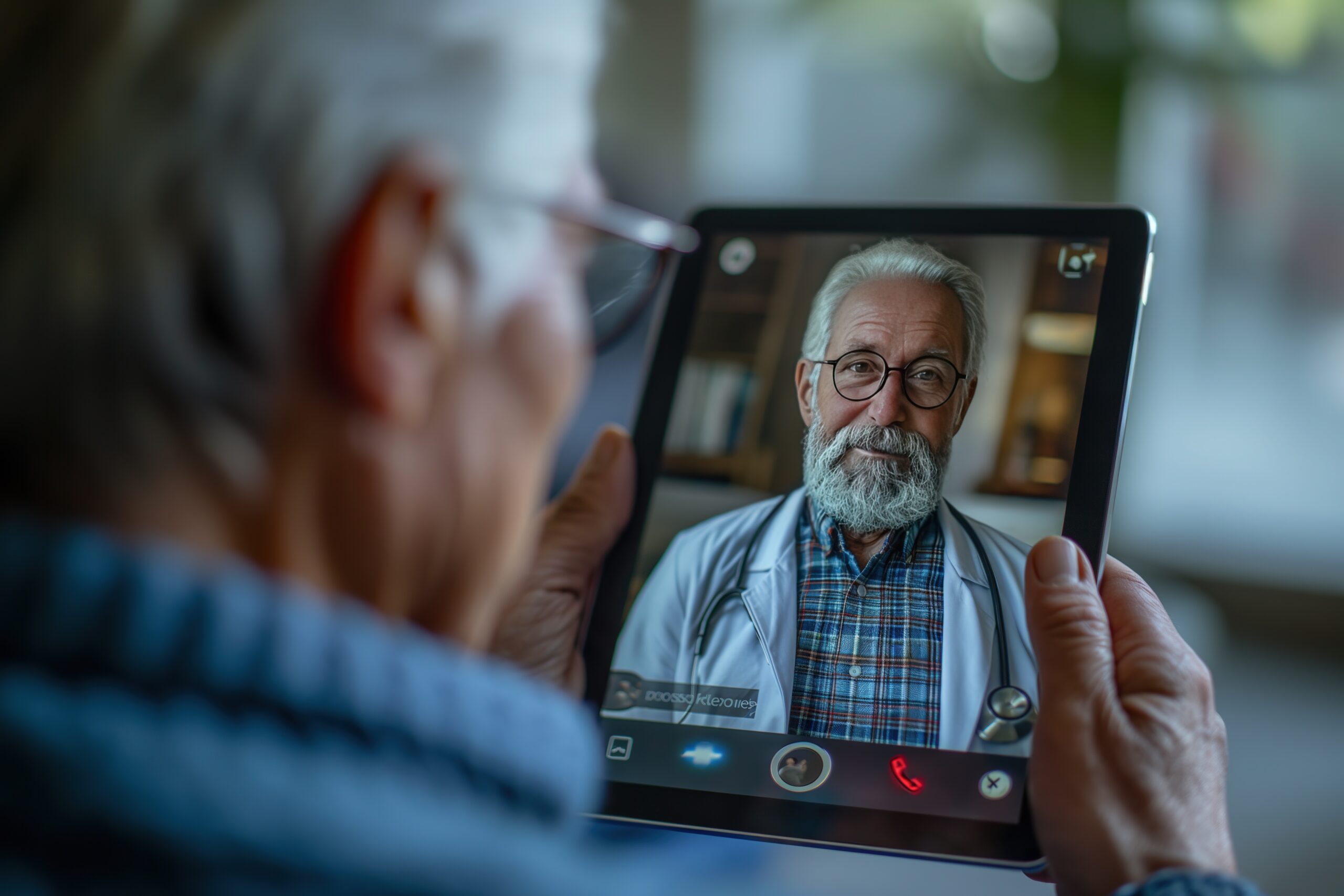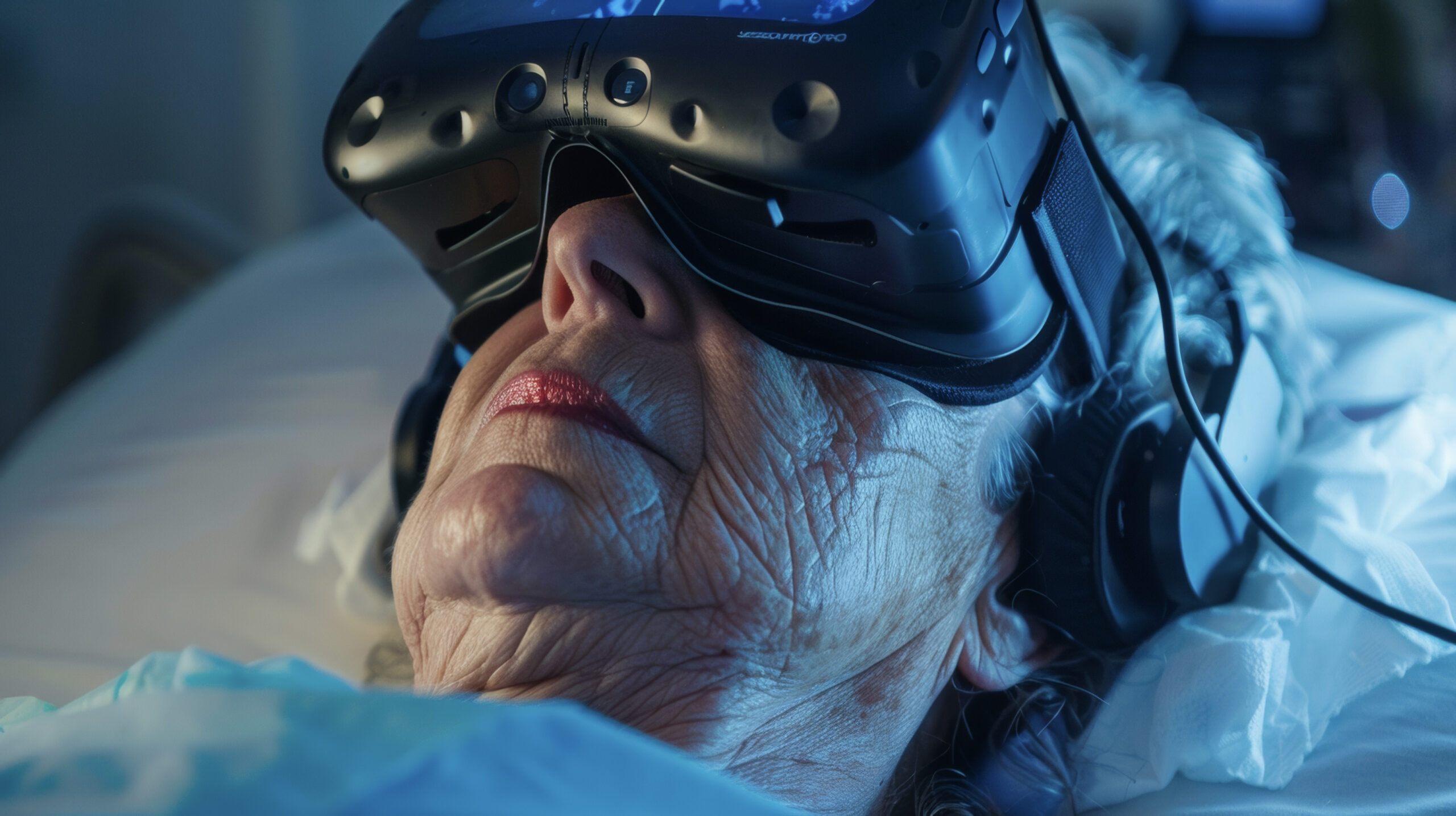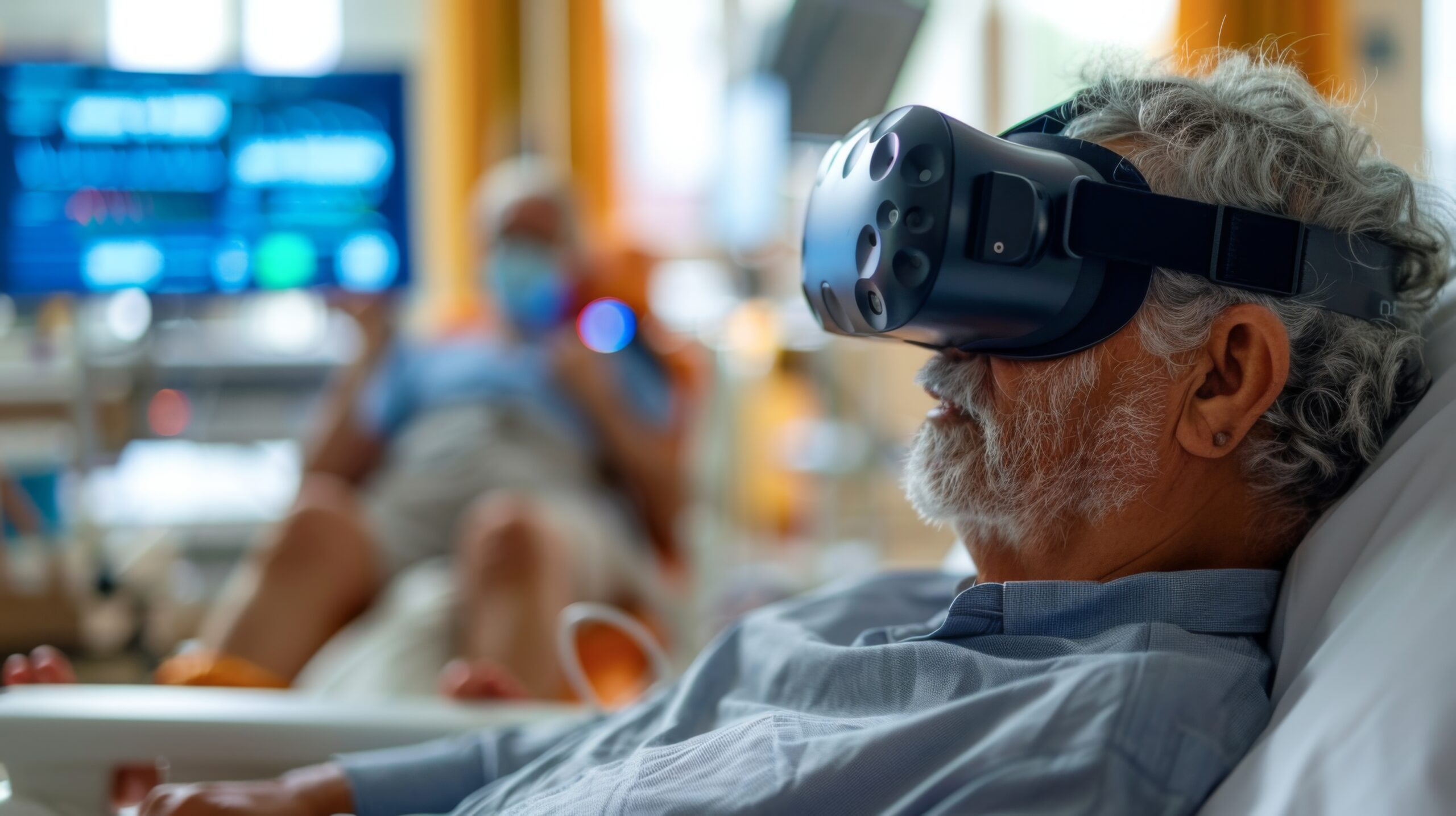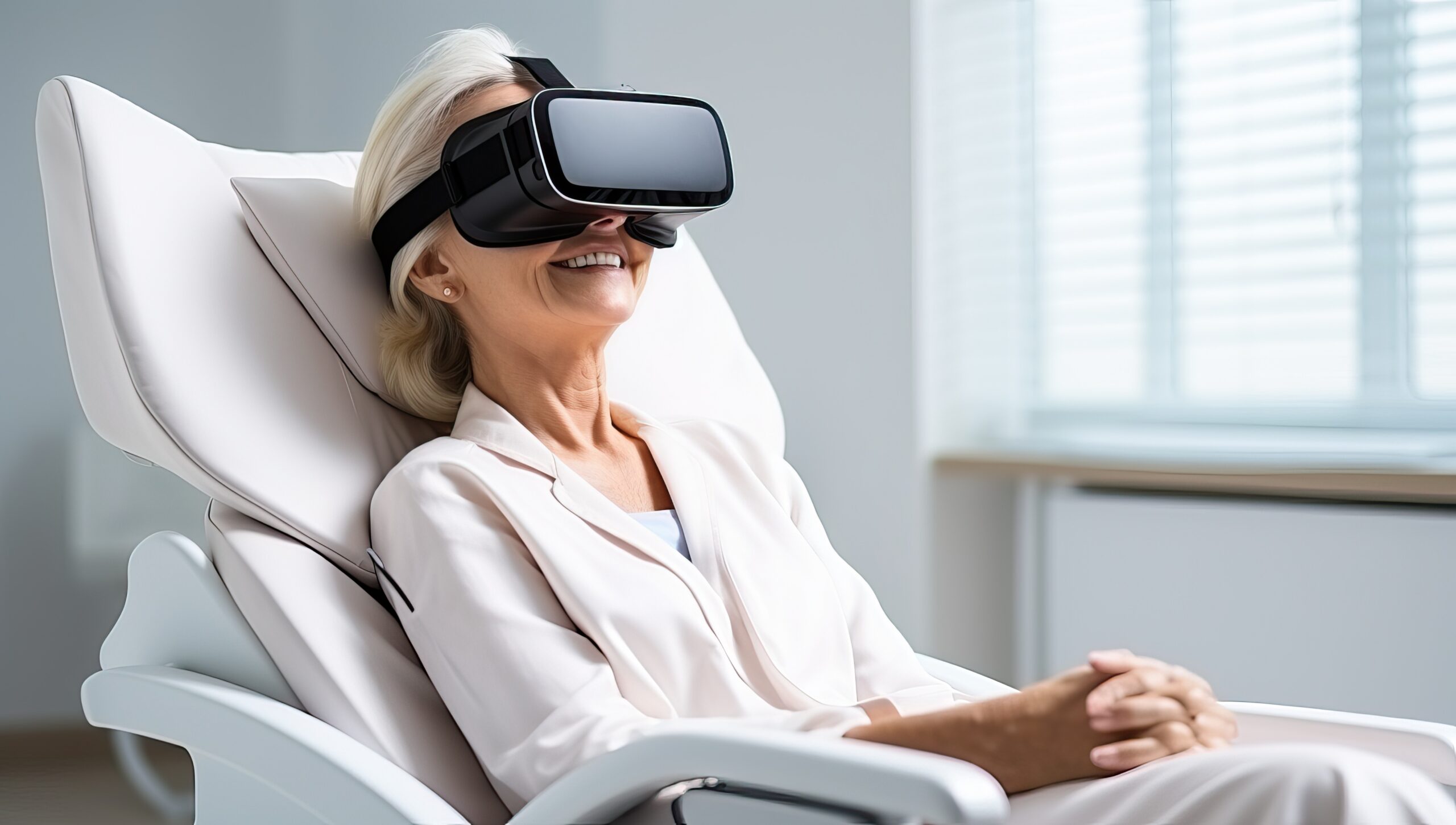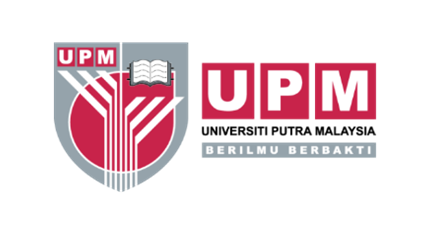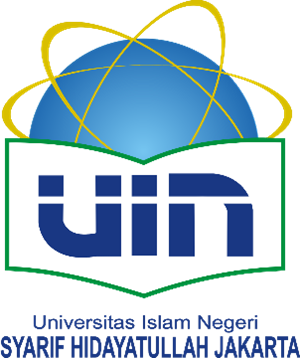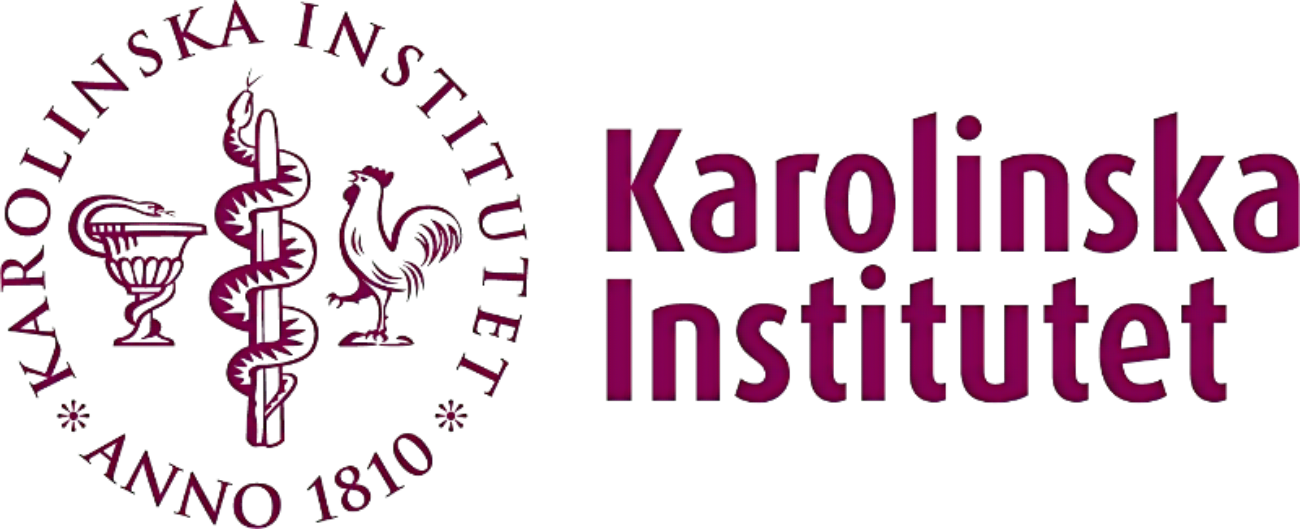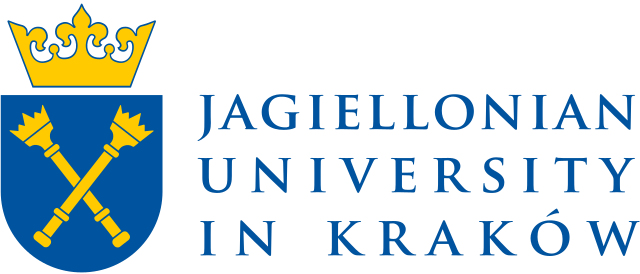Project Overview
Virtual patients have seen an increase in demand due to the digital education shift brought about by the global pandemic. Due to restrictions on bedside patient teaching, technology-enhanced training methods to teach clinical reasoning skills to medical students have become a key part of medical school teaching. However, resources for developing virtual patient software as well as writing patient cases are lacking in lower-middle income countries. EU partner HEIs in this project have been involved in developing an open-access library of 200 virtual patient cases under the ERASMUS iCoViP project and are experts in implementing digital education tools in existing medical curricula. These cases can be further adapted for use in other healthcare courses such as nursing and pharmacy. Therefore, this project aims to build capacity to develop, adapt and implement virtual patient software in 5 Southeast Asian schools in Malaysia (Universiti Malaya- UM, Universiti Putra Malaysia- UPM, Taylor’s University- TU) and Indonesia (Universitas Gadjah Mada- UGM, Universitas Islam Negeri Syarif Hidayatullah Jakarta- UIN), in collaboration with expert virtual patient developers from two higher education institutions in Sweden (Karolinska Institute- KI) and Poland (Jagiellonian University- JU). The project will achieve this by knowledge transfer workshops based on the iCoViP implementation guidelines for virtual patients, co-production of best-practice adaptation and implementation guides for local Malaysian and Indonesian settings that can be used across medical, nursing and pharmacy courses, and actual implementation of virtual patients in 5 undergraduate health courses.
Virtual patients have gained popularity due to the shift to digital education during the global pandemic, especially in medical schools. However, there is a lack of resources for developing virtual patient software and writing patient cases in lower-middle income countries. This project aims to build capacity in five Southeast Asian universities (Universiti Malaya, Universiti Putra Malaysia, Taylor’s University, Universitas Gadjah Mada, and Universitas Islam Negeri Syarif Hidayatullah Jakarta) to develop, adapt, and implement virtual patient software. It will involve knowledge transfer workshops with experts from Karolinska Institute (Sweden) and Jagiellonian University (Poland), focusing on adapting the ERASMUS iCoViP project’s open-access library of 200 virtual patient cases for local contexts, which can be used in medical, nursing, and pharmacy courses.


